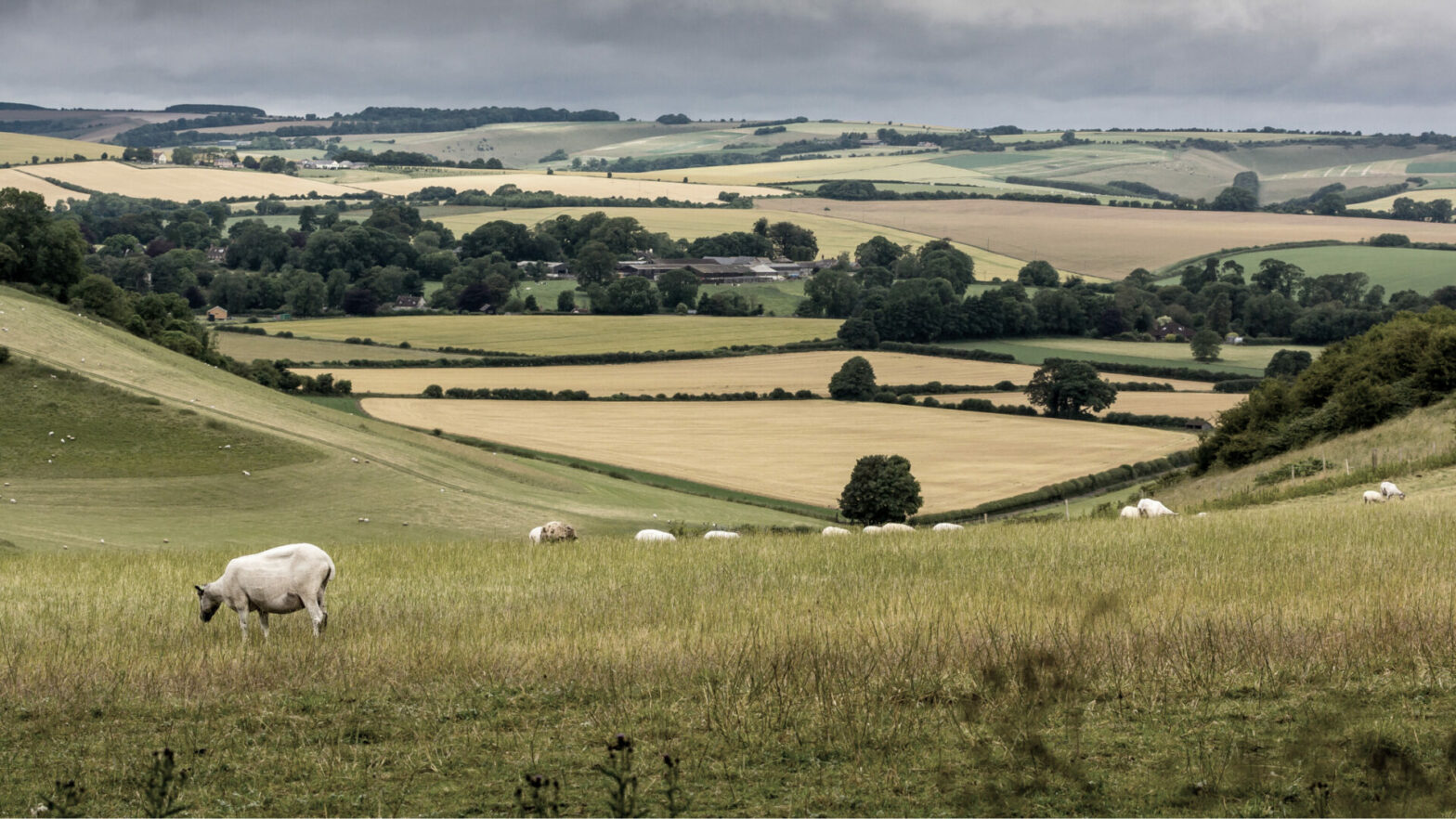Perhaps it’s just a sign of the times but the question of what rights a landlord retains to enter land held under an agricultural tenancy seems to have been under the spotlight recently.
The case of the Rees family is of course deeply sad for them and other farming families who are similarly affected (by landowners attempting to terminate agricultural tenancies to make way for residential development). The Rees family are not giving up without a fight though as the recent case of Earl of Plymouth v. Rees showed.
The decision for the the High Court was whether the terms of the agricultural tenancy allowed the landlord to enter the land to drill boreholes and if the Rees family should be granted an injunction to prevent the landlord doing so.
The judgement was a useful one for those endeavouring to interpret agricutural tenanies and farming families will be relieved to hear that the court found a general right of entry “at reasonable times and for reasonable purposes” did not extend to a right to drill boreholes. The injunction was refused as the technical grounds to obtain one were not made out but an injunction might still be granted in other similar circumstances.
This will probably come as a hollow victory for the Rees family as their battle with the Earl of Plymouth continues but it will come as some comfort to other agricultural tenants to be clearer as to what their landlords can and cannot do.
The land itself is owned by the Earl of Plymouth and is part of The Plymouth Estate, but the couple first signed a lease to work the land in 1965 and have been there ever since. Working as tenant farmers, the lease stipulated they could pass the lease through three generations of the family.
Brenda and Jenkin Rees moved to the farm in 1965. It was Jenkin's hope that his son Phillip, 57, would inherit the lease from him and that his grandsons Nick and Will would follow after that.
But that's all under threat now from the development of the nearby Plasd?r development - a £2bn suburb being built in the west of Cardiff.









